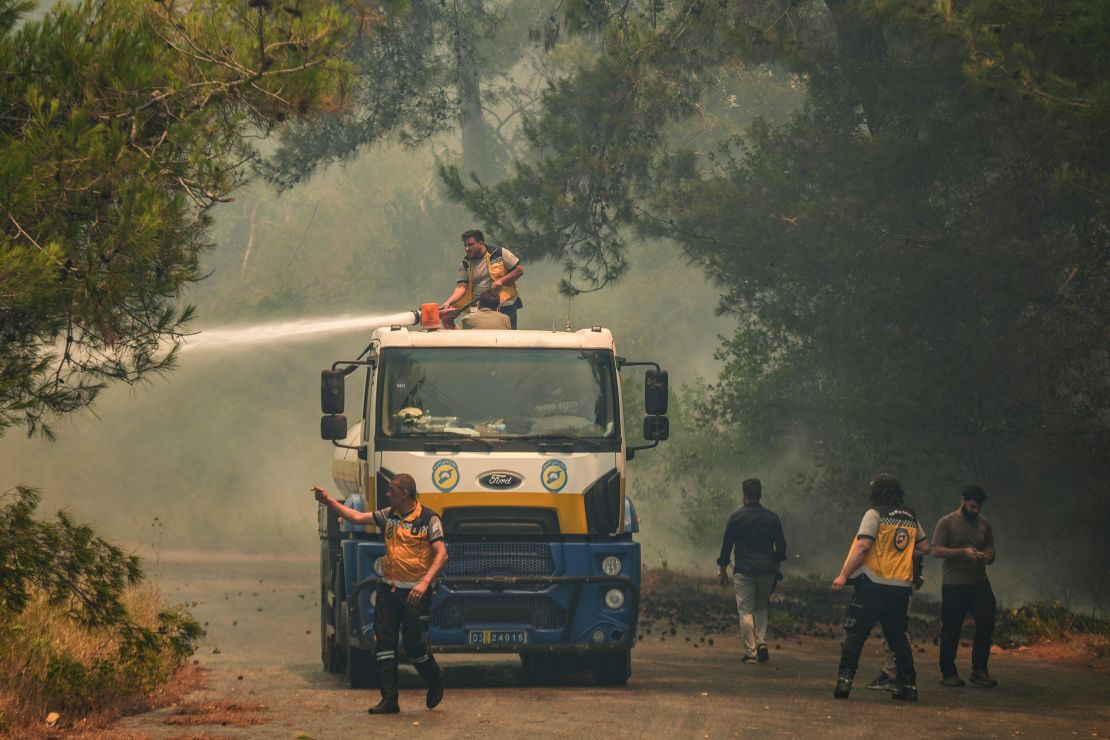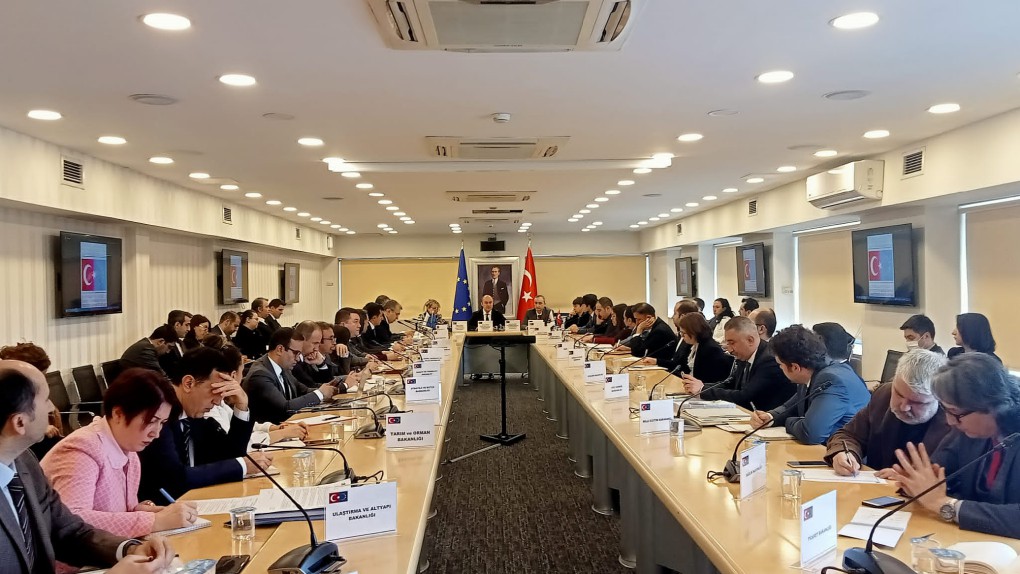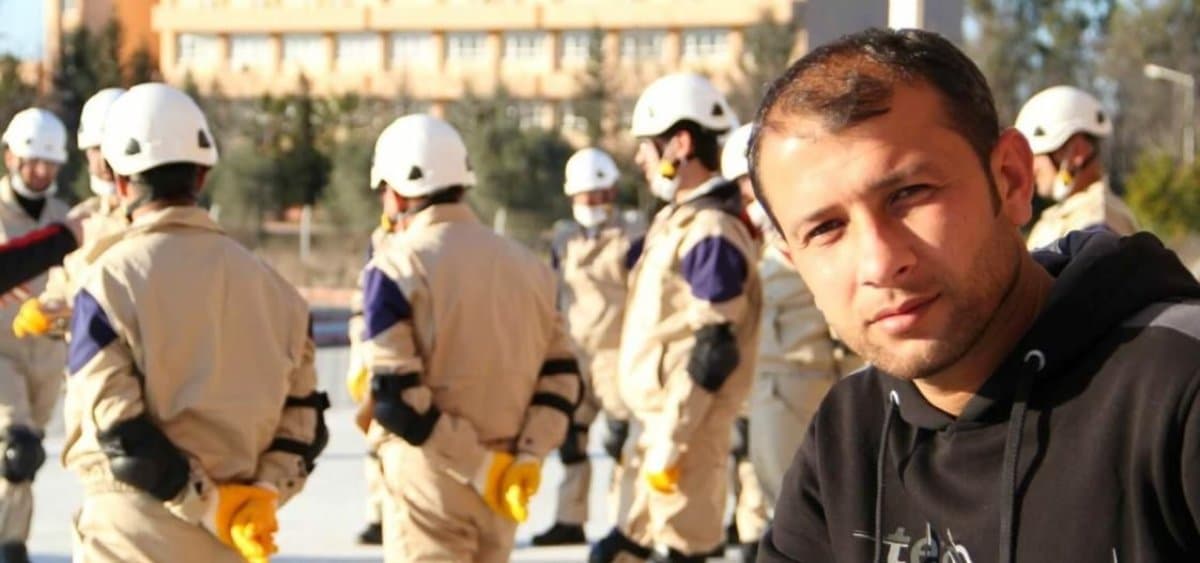The catastrophic wildfires engulfing Syria"s north-western coastal region are not just a local disaster; they are a glaring indictment of our global failure to address climate change. For six consecutive days, firefighters have struggled against the flames, exacerbated by rugged terrain, explosive remnants of war, and the unmistakable impact of climate change. As the European Union deliberates over aid, the urgency of this situation could not be clearer.
Wildfires Spark Humanitarian Appeals
According to reports from the Syrian Minister of Emergency and Disaster Management, Raed Saleh, the situation is dire. Over 334 wildfires have erupted across the nation since the beginning of July, with the majority concentrated in Latakia and Tartous. Despite support from neighboring countries like Jordan, Turkey, and Lebanon, significant challenges remain. Saleh noted on social media platform X that the rugged terrain and active winds hinder efforts, and the presence of unexploded ordnance complicates firefighting initiatives.
International Response Lacks Urgency
The Syrian government has reached out to the European Union for assistance, indicating a potential for air support from Cyprus. However, as wildfires rage, the response has been sluggish. The humanitarian implications of these fires are staggering. The UN teams are on the ground conducting urgent assessments to determine the scale of the disaster, yet the commitment to immediate, robust support seems muted. This lack of urgency is unacceptable given the scale of the crisis.
\n\n
Wildfires sweep through forests in drought-hit Syrian coast ...
Climate Change Fuels Disasters
Experts warn that climate change is intensifying conditions leading to these catastrophic wildfires. The Mediterranean region is particularly vulnerable, with summer fires becoming increasingly common. Below-average rainfall over the winter has left many Syrians struggling with water shortages, compounding the humanitarian crisis. As highlighted in a recent study from the University of Wrocław, climate change is not just a future threat; it is a present reality that is already affecting millions.
Humanitarian Needs Escalate
The UN has reiterated its commitment to working alongside Syrian authorities and other stakeholders, signaling a willingness to act but lacking decisive action. The urgency to address humanitarian needs cannot be overstated. As reported by the UN Resident and Humanitarian Coordinator in Syria, Adam Abdelmoula, the focus is on ensuring that no one is left behind in the response and recovery efforts. This is a noble goal, but it must be matched by a proportionate level of action.
\n\n
Meeting on European Union Earthquake Assistance
The Role of Technology in Disaster Response
In the face of such challenges, technology can play an essential role in disaster response and recovery. However, the current state of digital rights and privacy policy can hinder effective communication and coordination among humanitarian organizations. As a former software engineer and tech policy researcher, I emphasize the need for robust tech infrastructure that prioritizes privacy while enabling efficient crisis response. The use of drones for scouting and real-time data sharing could enhance firefighting efforts, yet these technologies often face regulatory hurdles that need to be addressed.
As we watch the wildfires unfold, let us remember that the fight against climate change is not just about preventing future disasters; it is about responding effectively to humanitarian crises today. The international community must step up, and we must demand accountability from our leaders to ensure that the tools and resources are in place to protect vulnerable populations.







![[Video] Gunfire between Iraqi security forces and Sadr militias in Baghdad](/_next/image?url=%2Fapi%2Fimage%2Fthumbnails%2Fthumbnail-1768343508874-4redb-thumbnail.jpg&w=3840&q=75)
